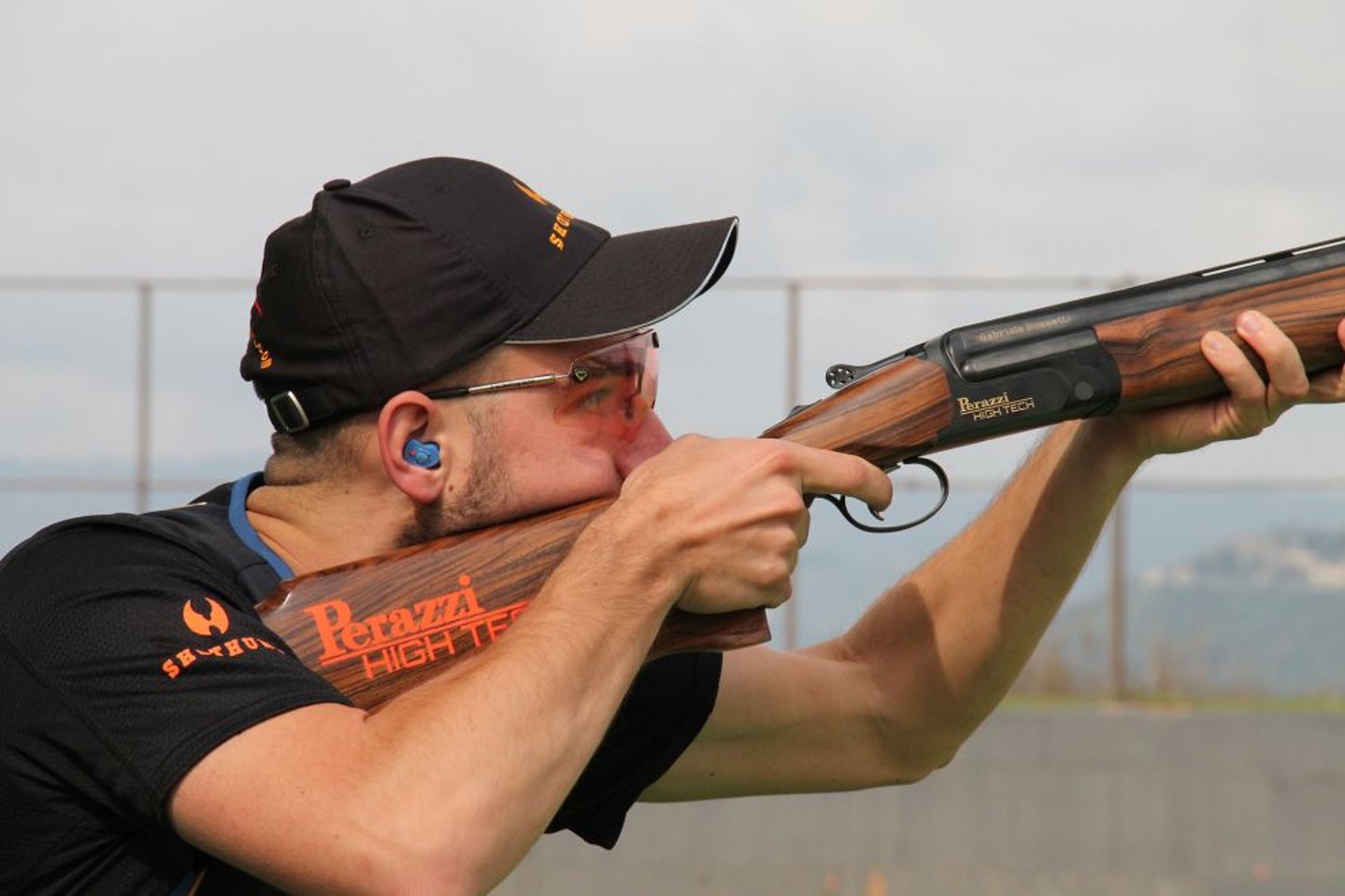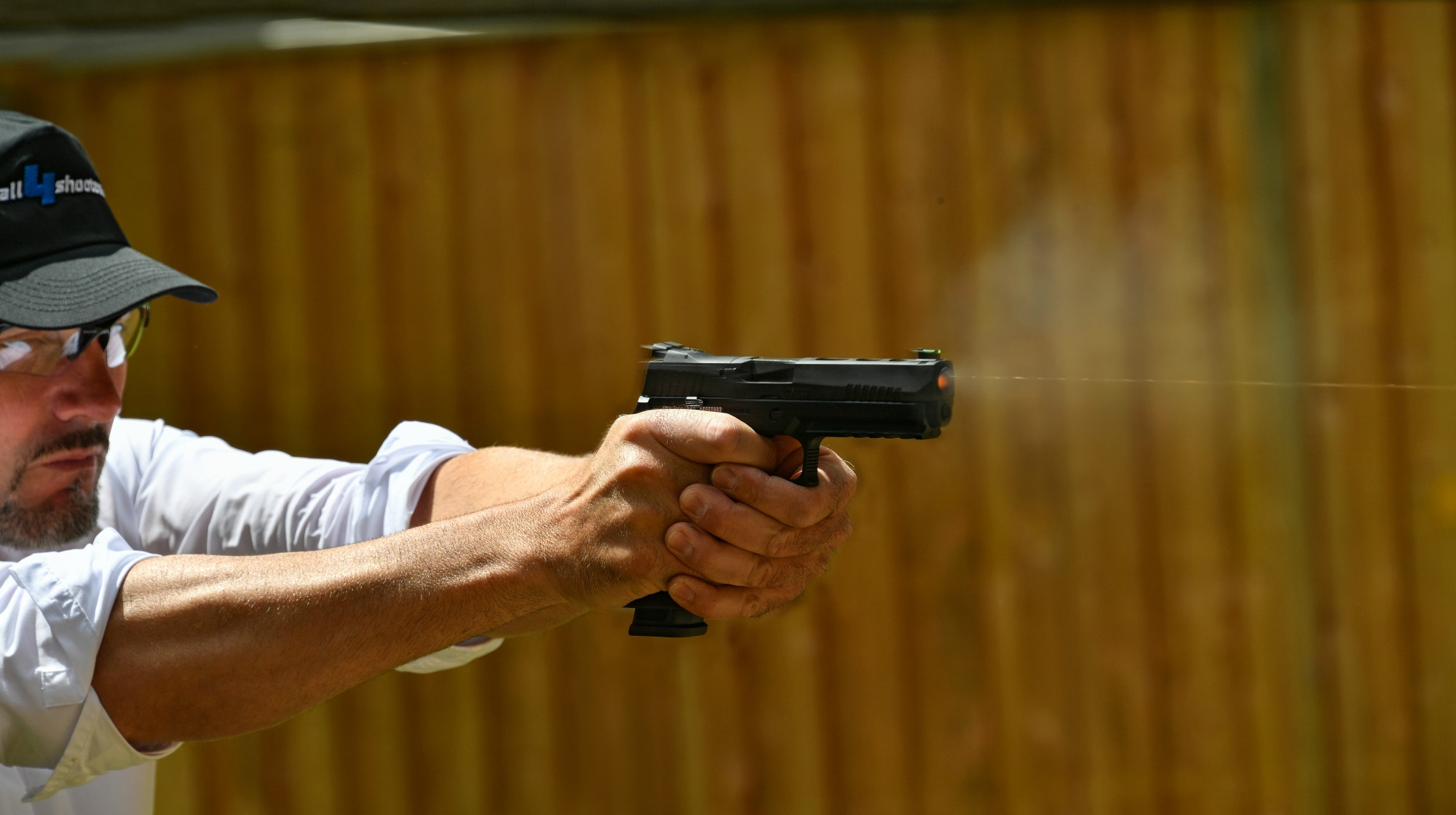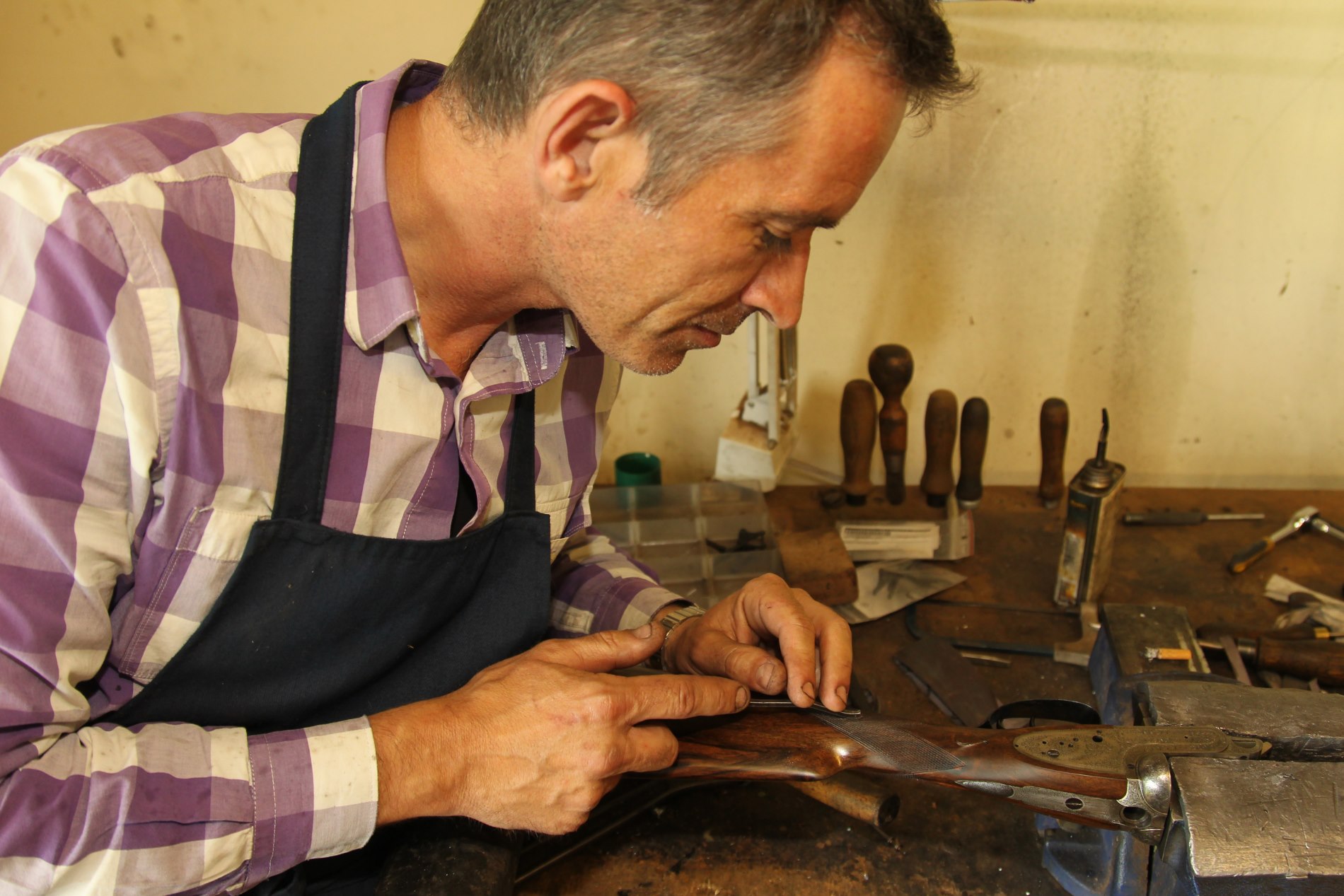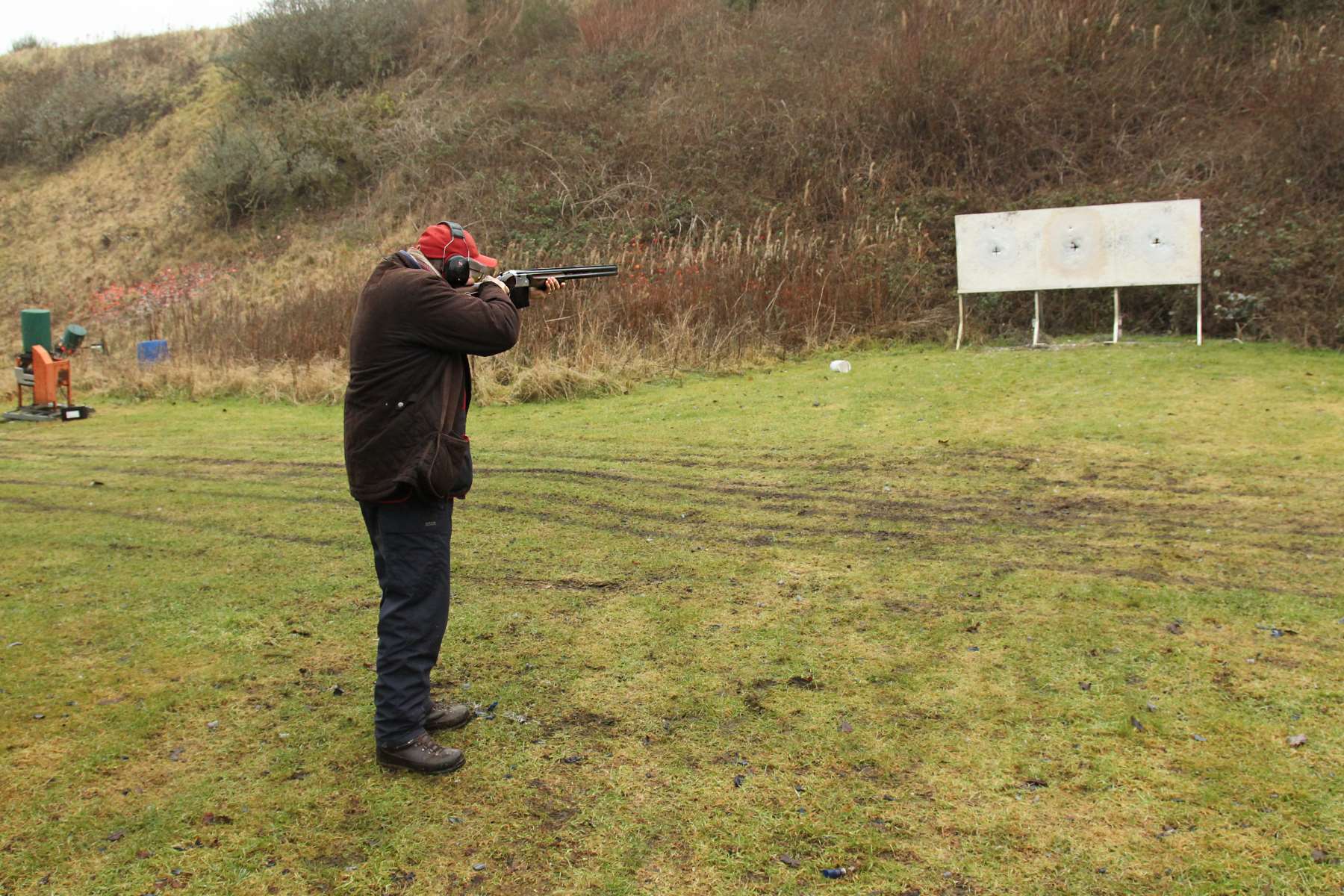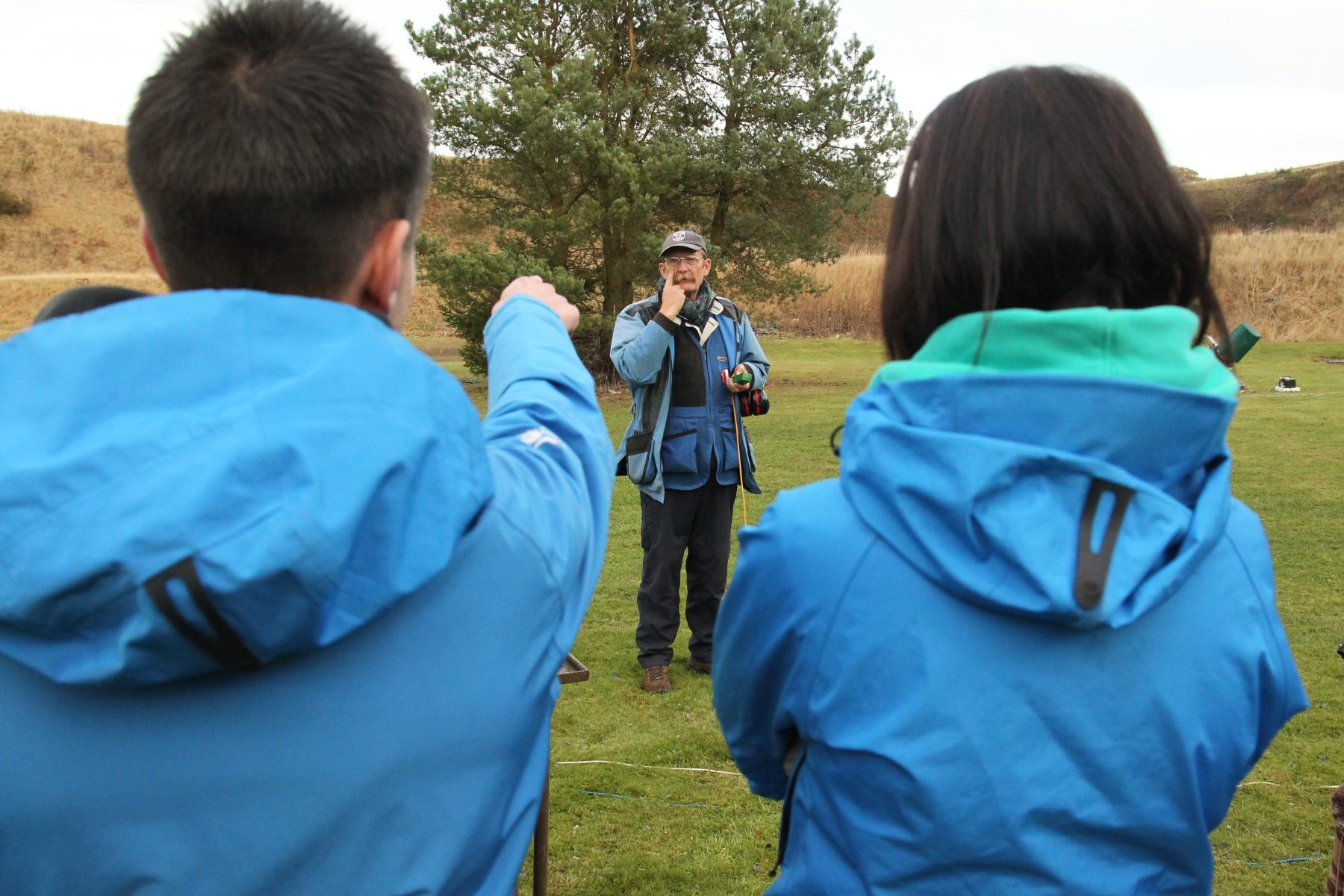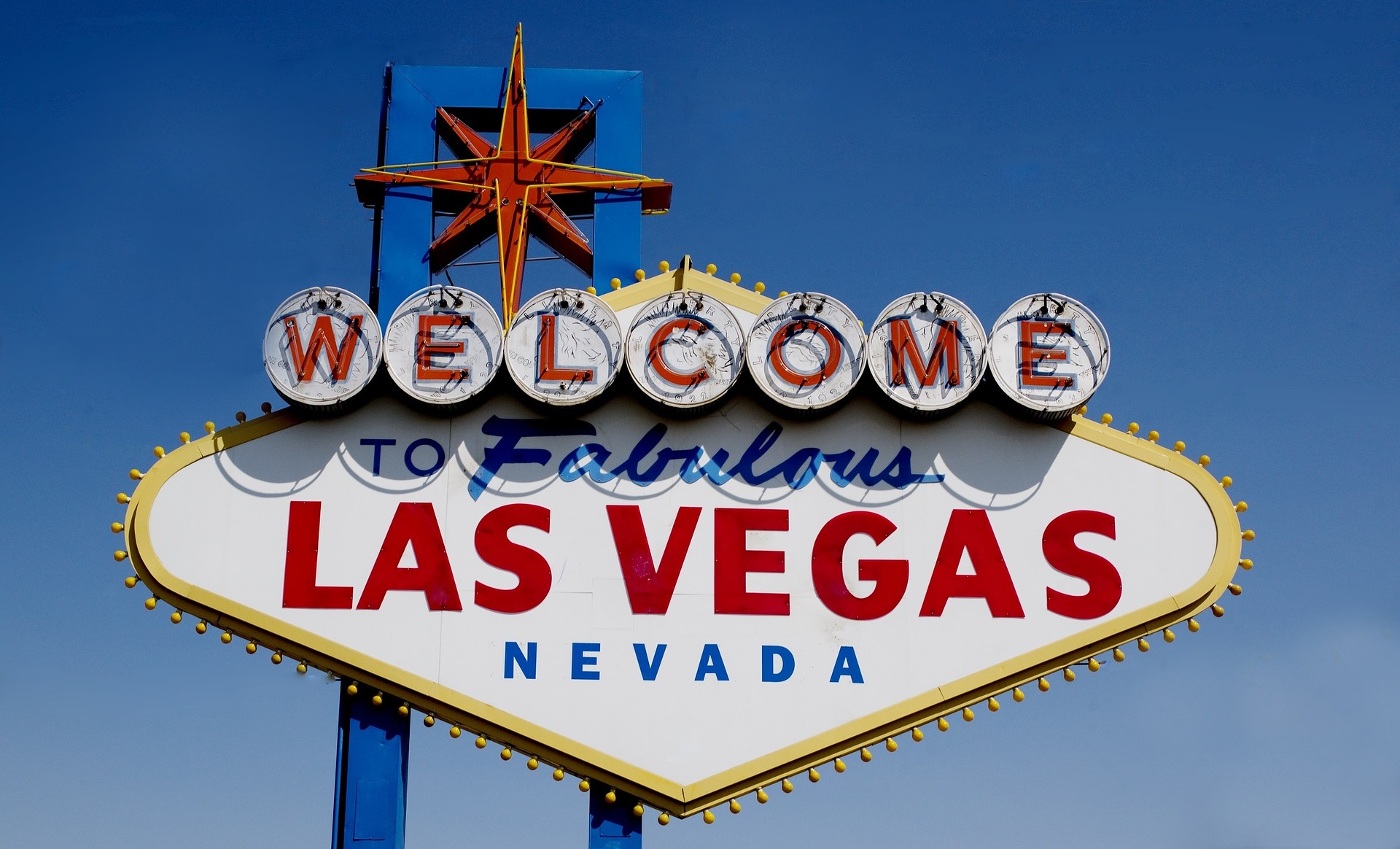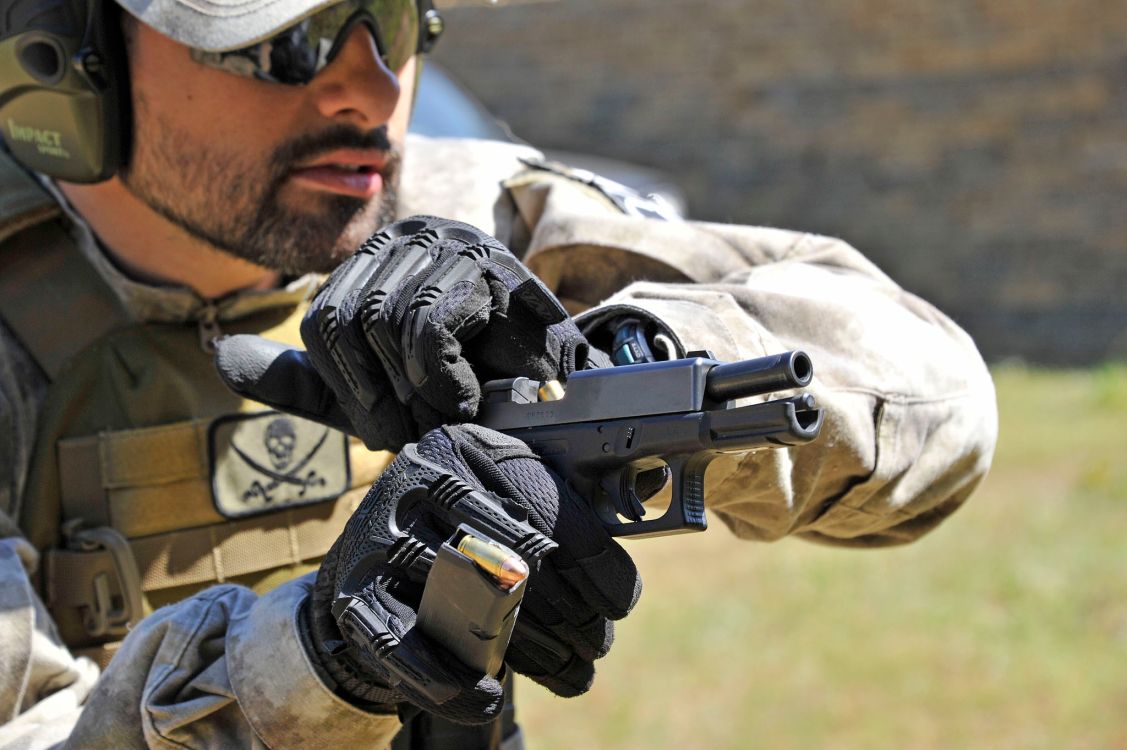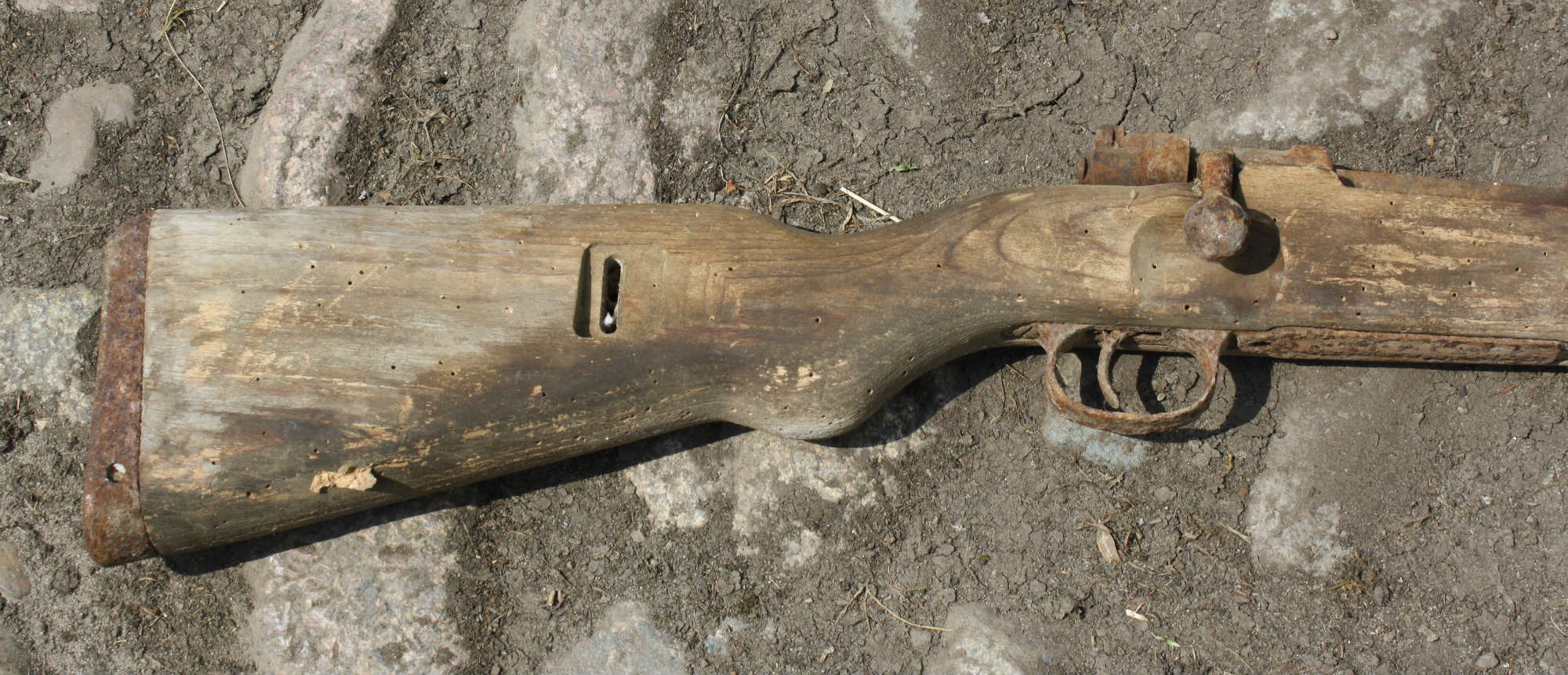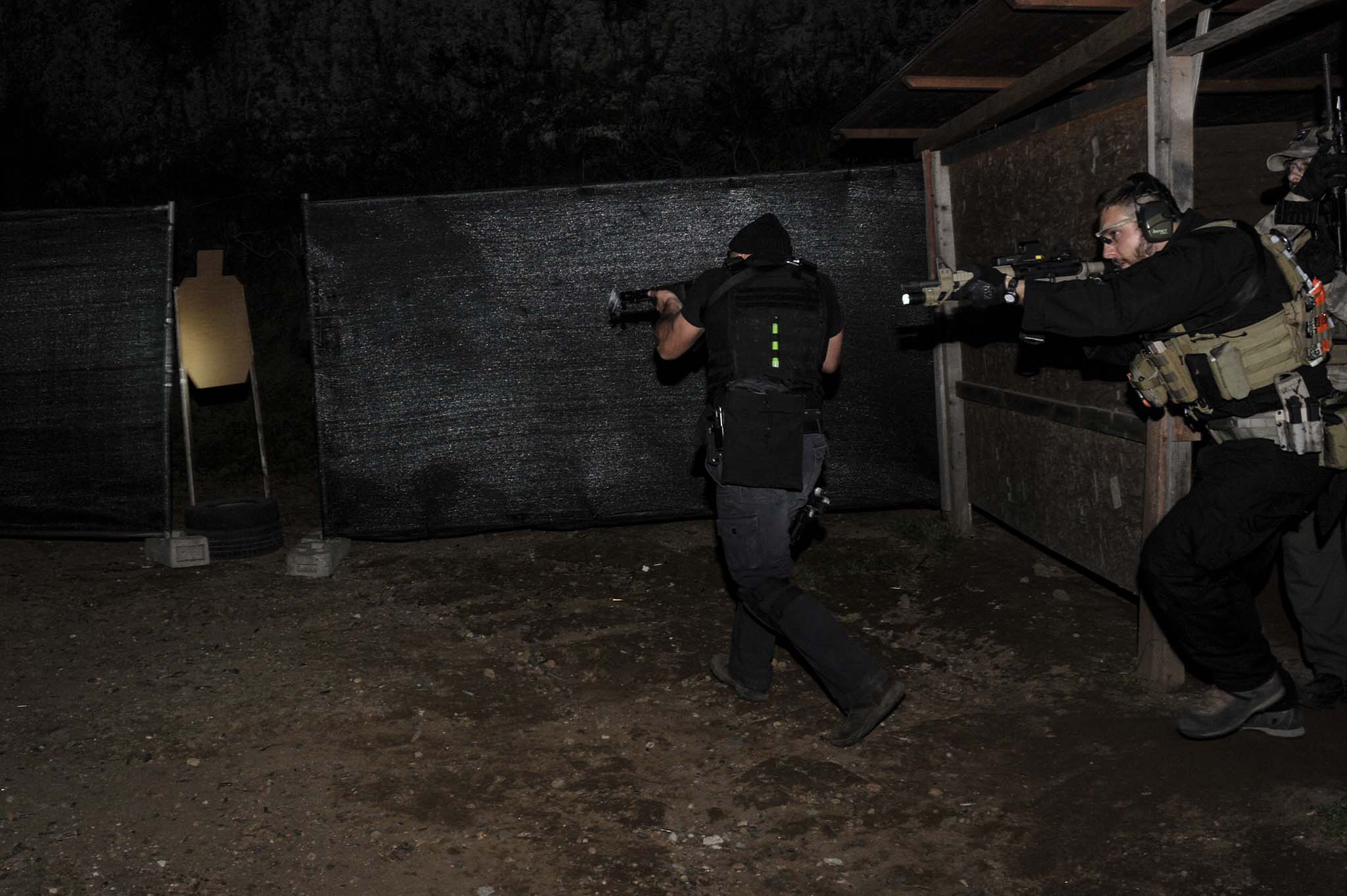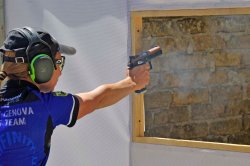
How much does shooting affect your hearing? That's a question that should be asked more often, especially if you are a regular shooter who frequents a range weekly or if you keep a gun for home defense. Even outdoors hunting is not harmless for your ears.
What people often don't understand is that hearing loss is cumulative, and shooting without hearing protection always affects you hearing capacity. In the long term the damage can be permanent, and if you shoot your guns in confined spaces such as a small room or under a low ceiling, the problem is literally amplified.
The big bangs
Let's start with some scientific info: sound intensity is measured in decibels, and according to the National Institute on Deafness and Other Communication Disorders (NIDCD) a person can start suffering noise-induced hearing loss (NIHL) when she/he is repeatedly exposed to noise levels of 85 decibels. Exposure to noise greater than 120 dB can immediately cause hearing damage, and above 140 dB the damage will probably be permanent.
Unfortunately, almost all firearms create noise that is over the 140 dB level, ranging from around 140 dB of a .22-caliber rifle to 160 dB for a 9 mm pistol. A common self -defense revolver like a .380 Special will create a noise level of around 158 dB, while rifles range from 155 dB for a .223 cartridge shot in a 18" barrel AR-15 to 158 dB for a 24" barrel rifle in .30-06. Strange as it may seem, firing a 12 gauge shotgun will probably do a bit less damage to your ears, with its 156 dB (approx.). It's not much fun anyway: by comparison, 120 dB is about as loud as an amplifier at a rock concert from about 5 feet away.
In reality, it's not possible to predict the consequences of a gunshot on hearing, since not only caliber, but also the weapon design, type of action, barrel length and even the type of bullet can influence the outcome. What should be stressed is that decibel levels are measured logarithmically, so an increase of 10 decibels means that the noise is 10 times louder. Furthermore, when firing in confined spaces sounds can reverberate: the sound wave rebounds off walls and other obstacles, making noises louder and increasing the risk of hearing loss. The same can happen in an open range if you shoot beside other shooters or when hunting in a group.
A very loud sound (above 170 dB) may also leave you disoriented for some seconds and cause a loss of balance, which is not good in a self-defense situation.
The infographic below illustrates how noise from gunshots compare to noise we typically encounter in everyday life.

How to protect your ears
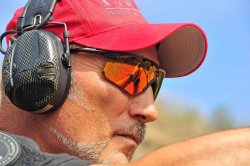
NIDCD estimates that approximately 15% of Americans between the ages of 20 and 69 (which means 26 million Americans) have hearing loss that may have been caused by exposure to noise at work or in leisure activities.
Hearing damage is mechanical damage to your ear and as told before it is cumulative over time. That’s why no gun should be ever fired without adequate hearing protection.
But what is “adequate”? You think that wearing your earplugs is all you need to protect your ears, right? Wrong. Earplugs reduces noise by just 25 decibels, muffling the average gunfire to around 120-135 dB: still enough to seriously damage your hearing, especially if you repeat this exposure to noise over time. Earmuffs, then? Better, but not too much: they reduce noise by 32-34 decibels.
The best solution if you really want to protect your hearing is combining earplugs and earmuffs, and wearing them at the same time whenever possible.
Maybe someone at the range will make fun of you behind your back for being overcautious. Your ears will be ringing, but it’s better than going deaf, after all.
Source: The Smoking Barrel USA


